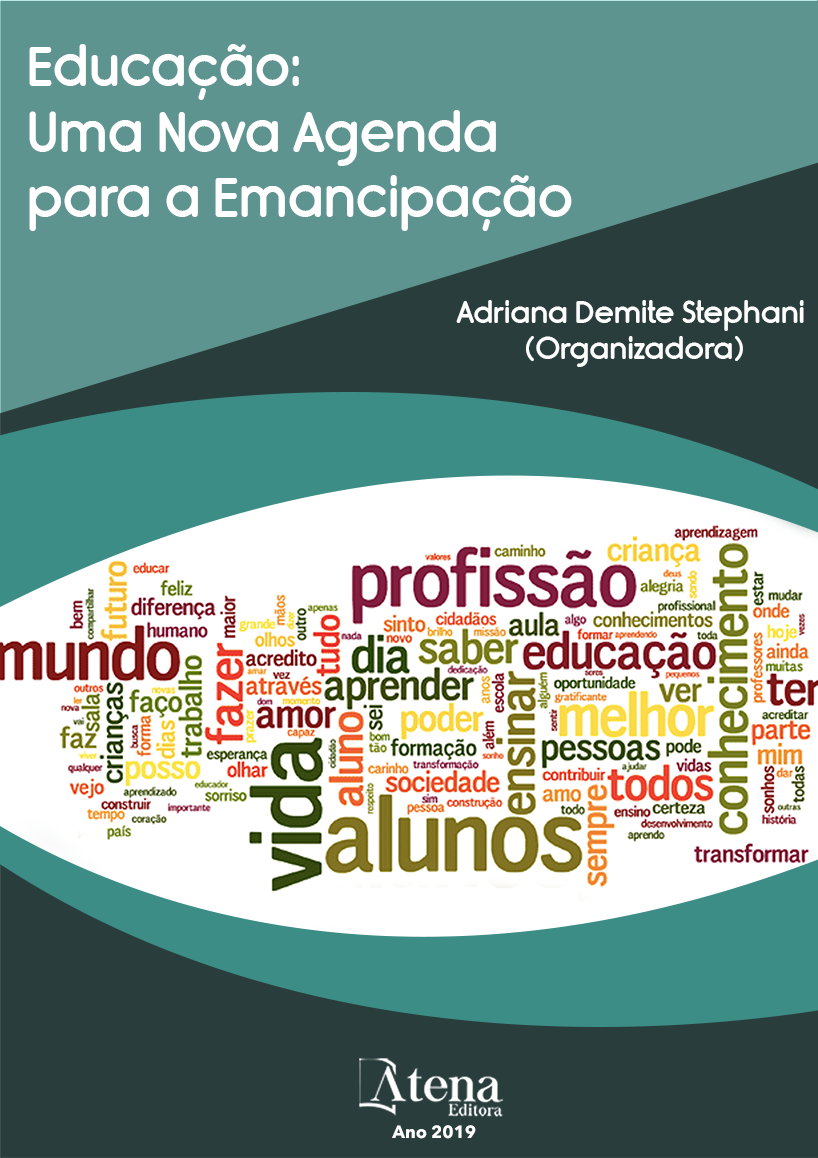
Entendendo a Base Nacional Comum Curricular para estruturação dos encontros formativos de professores
A Base Nacional Comum Curricular (BNCC) é um documento normativo, que define os direitos e objetivos de aprendizagem de crianças, jovens e adultos em escolas de educação básica, públicas ou privadas do Brasil, e que aponta para a necessidade de preparar o profissional de educação para a promoção da formação humana completa, a partir do desenvolvimento de dimensões que extrapolam a questão física, abrangendo a cultura, o acesso digital e aspectos emocionais, cognitivos, intelectuais e acadêmicos. Para tanto, sugere reestruturação moral, intelectual e contextual dos cursos e práticas formativas oferecidos ao professorado, como meio de aumentar a autonomia profissional, desmascarar o currículo oculto, descobrir outras maneiras de ver a educação e interpretar a realidade, sem absorver tantos problemas derivados do contexto social, e que ultrapassam os limites das funções assumidas. Assim, pontua a necessidade de construção de noções estruturadas na liberdade, no dialogismo e na formação colaborativa, assumindo não só a postura pedagógica como resistência, mas sim como possibilidade de revisão dos pressupostos ideológicos e atitudinais, além de uma oportunidade para o engajamento e aprimoramento que proporcionam a atualização acerca das novas urgências e tendências educacionais, agregando conhecimento e impactando na comunidade e no contexto escolar.
Entendendo a Base Nacional Comum Curricular para estruturação dos encontros formativos de professores
-
DOI: 10.22533/at.ed.38319231010
-
Palavras-chave: BNCC; Formação de Professores; Reestruturação; Autonomia; Atualização.
-
Keywords: BNCC. Teacher training. Restructuring. Autonomy. Update.
-
Abstract:
The National Common Curricular Base (Base Nacional Comum Curricular - BNCC) is a normative document that defines the rights and learning goals of infants, teens and adults in public and private primary education schools in Brazil, aiming at the teacher training needs for the promotion of the complete human formation starting from the development of dimensions that go beyond the physical barrier, comprehending culture, digital access and emotional, cognitive, intellectual and academic aspects. To that end, it suggests a moral, intellectual and contextual restructuring of the courses and training practices offered to the teachers, as a means of increasing professional autonomy, uncovering the shady curriculum, discovering alternate ways of seeing education and interpreting reality without absorbing the many problems linked to the social context that exceed the limits of their intended duties. Therefrom, it points out to the need of building structured notions related to freedom, dialogues and in the collaborative formation, taking on not only the pedagogical stance but also the possibility of revising the ideological and attitudinal assumptions, as well as an opportunity for engagement and improvement providing an update on new educational urgencies and trends, combining knowledge and impacting the community and the educational environment.
-
Número de páginas: 15
- Thayana Carpes


